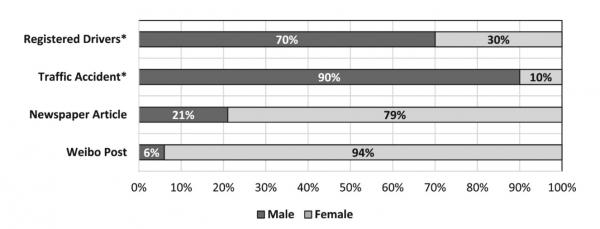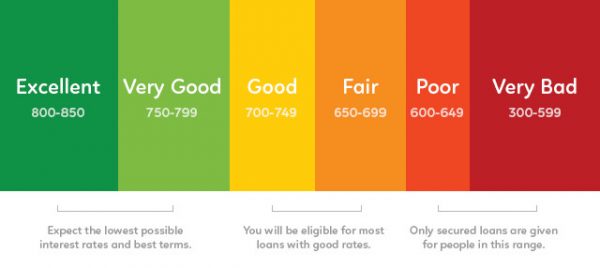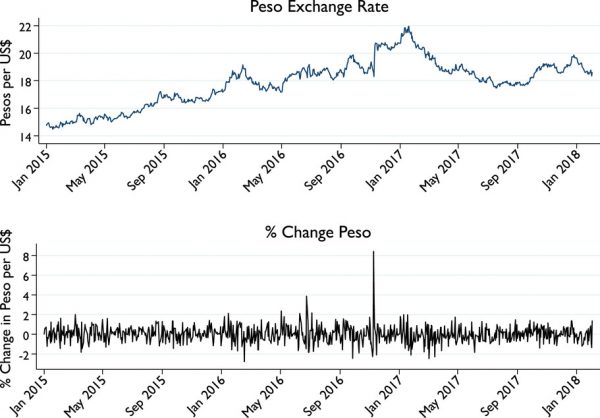We know that children’s health depends on their parents in many ways, from genetics to life experiences. New research shows that the reverse is also true: children’s experiences impact their parents’ health. Specifically, this research shows that children’s experiences of discrimination influence their mothers’ health.
Cynthia G. Colen, Qi Li, Corinne Reczek, and David R. Williams used data from the National Longitudinal Study of Youth, a survey following women and their children. They looked at mothers’ self-rated health assessments from the mid 2000s, when mothers were 40 and 50 years old, to determine how their health changed. The sample of mothers’ health assessments varied significantly by race. By age 50, only 17% of white mothers reported poor health, while 31% of Black and 26% of Hispanic mothers reported poor health.
The researchers also looked at data on children’s experiences of unfair treatment when the children were young adults. Unfair treatment fell in two categories: major experiences or “acute discrimination,” and everyday or “chronic discrimination.” Acute discrimination included specific incidences like being unfairly fired or denied promotion and being unfairly searched or abused by police. Chronic discrimination highlighted the frequency of unfair treatment, like how often respondents had been treated with less respect than others, called names or harassed, or how often other people had treated respondents as if they were not smart.
Overall, children’s exposure to discrimination — both acute and chronic — was associated with significant declines in their mothers’ health at midlife (from age 40 to 50). This is an important finding because most research on intergenerational health focuses on how parents affect their children’s health. Studies like these can help us to understand how disadvantage is reproduced through generations.
The researchers wondered whether Black and Hispanic mothers’ poor health was a result of their children experiencing more discrimination than children of white mothers. They found this to be true for Black mothers, but not for Hispanic mothers. Specifically, children’s experiences of discrimination explained about 10% of the Black-white health gap, but very little of the Hispanic-white health gap for mothers.
In addition, Black mothers’ health declined at a slower rate compared to white mothers’ health, even when their children experienced high levels of discrimination. One explanation for this finding is that Black mothers spend a lifetime preparing to and dealing with discrimination, whereas white mothers may not and thus have fewer coping skills to deal with feelings of helplessness when their children experience discrimination.
This research helps us to understand how discrimination is more than just an individual experience. Stressors, like unfair treatment, can have “spillover effects” — in this case, leading to declines in the health of family members.











